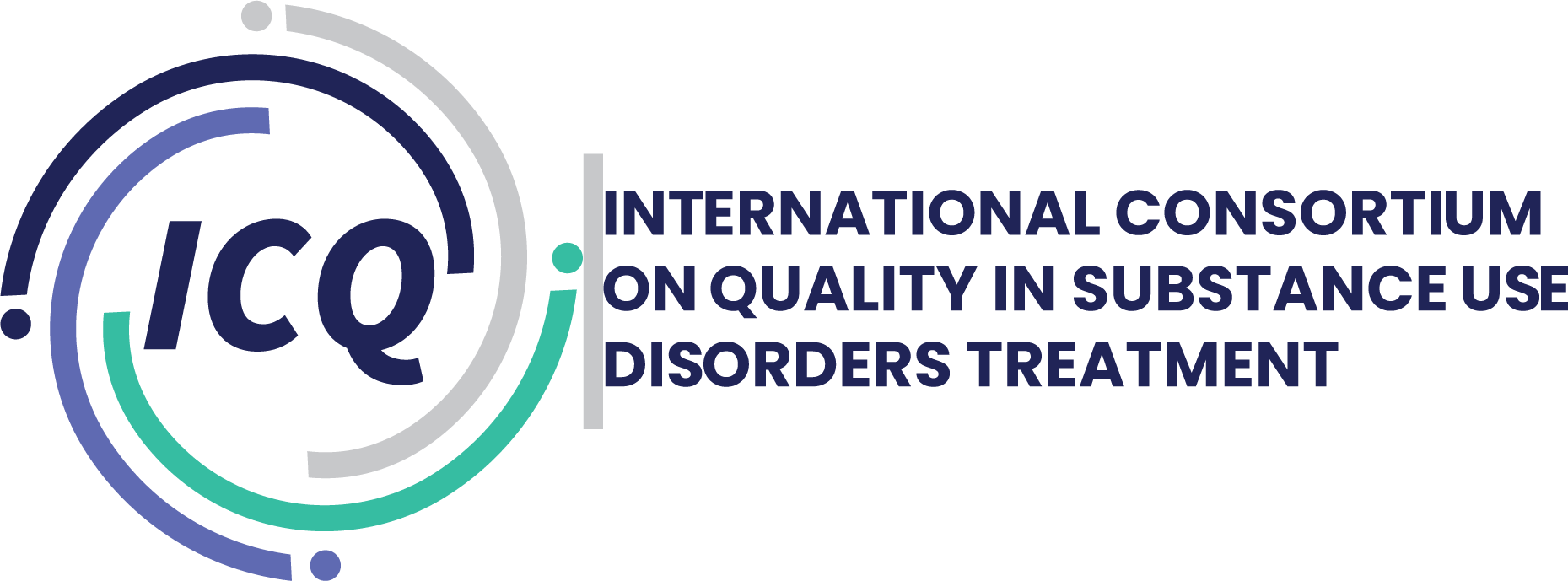Community-based treatment, care, and supervision for people with substance use problems who are involved with the justice system.
Reduce Drug Related Crime
Impulsive Lifestyle Counselling versus treatment as usual to reduce offending in people with co-occurring antisocial personality disorder and substance use disorder: a post hoc analysis.
Abstract Objectives: To assess the impact of a short psychoeducation intervention for antisocial personality disorder on offending after randomization to treatment. Design: Multicentre, superiority, non-blinded randomized controlled trial...
The outcome of integrated motivational interviewing and cognitive-behavioral therapy in Egyptian patients with substance use disorder.
Abstract Objectives The authors aimed to evaluate the outcome of combined motivational interviewing and cognitive-behavioural therapy (MICBT) for substance use disorder compared to the twelve-step facilitation (TSF) therapy in terms of...
Effectiveness of motivational interviewing with justice-involved people: a systematic review and meta-analysis.
ABSTRACT Objective: Motivational interviewing (MI) is increasingly recognized as an effective approach in forensic settings, particularly for overcoming resistance by avoiding confrontation and fostering intrinsic motivation. Research shows...
Motivational interview techniques and the effectiveness of intervention programs with perpetrators of intimate partner violence: A systematic review.
Abstract Intimate Partner Violence (IPV) is widely recognised as a severe public health issue. Perpetrators’ Intervention Programs (PIPs) have been essential to prevent recidivism, and the incorporation of Motivational Interview Techniques...
A systematic review of motivational interviewing to address substance use with justice-involved adults.
Background: Motivational Interviewing (MI) is widely used in substance abuse treatment, possibly due to the short sessions and the treatment’s cost-effectiveness. Previous research has established the efficacy of MI among a broad range of...
Motivational interviewing: Helping people change
A must-read for anyone interested in facilitating change with individuals, groups, organizations, and institutions. Miller and Rollnick explain how to work through ambivalence to facilitate change. They present detailed guidelines for using...
Assessing the delivery of the thinking for a change program in modified formats: An experimental approach.
Abstract This paper evaluates whether participation in the Thinking for a Change cognitive behavioural program produces improvement in social problem solving skills in a prison context. Data are derived from a randomised experiment, with a...
A quasi-experimental evaluation of Thinking for a Change: A “real-world” application.
Abstract Due to the popularity of cognitive behavioural interventions, programs that follow this model are often assumed to be effective. Yet evaluations of specific programs have been slow in coming. The current investigation seeks to...
Criminal conduct and substance abuse treatment: Strategies for self-improvement and change, pathways to responsible living: The provider's guide, 2nd ed.
Abstract Strategies for Self-Improvement and Change (SSC) provides a standardised, structured and well-defined approach to the treatment of substance abusing judicial clients. The efficacy and effectiveness of SSC depends on developing a...
Thinking for a change 4.0.
About the program: Thinking for a Change 4.0 (T4C) is an innovative cognitive behavioral change program crafted by experts Jack Bush, Ph.D., Barry Glick, Ph.D., and Juliana Taymans, Ph.D., in partnership with the National Institute of...
